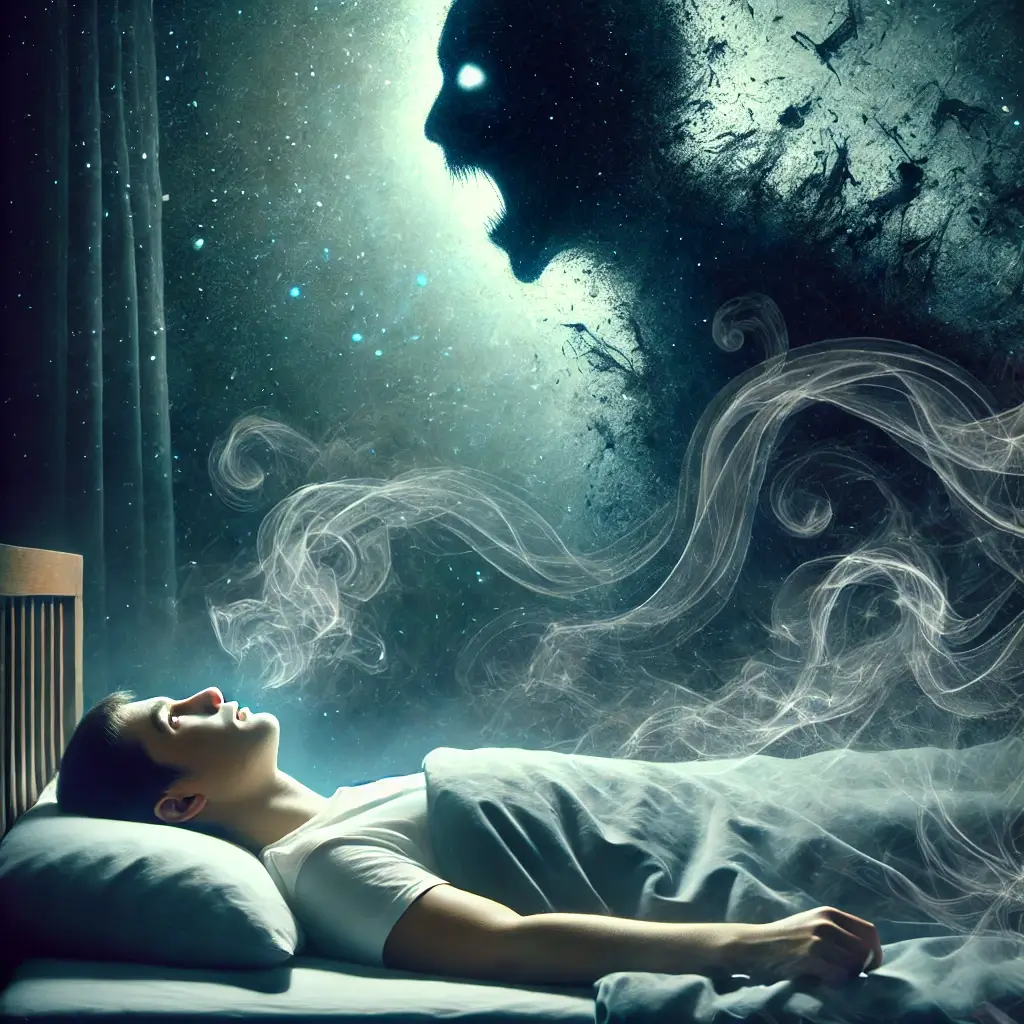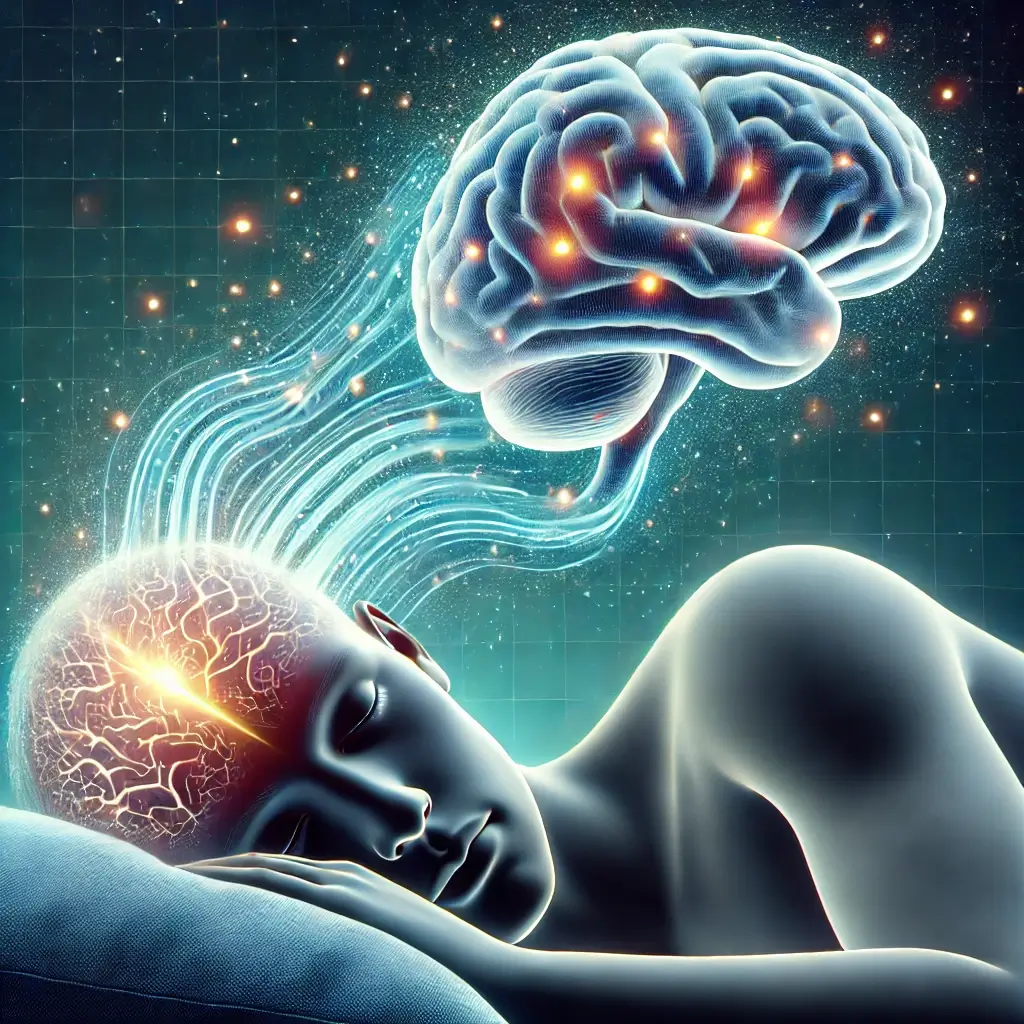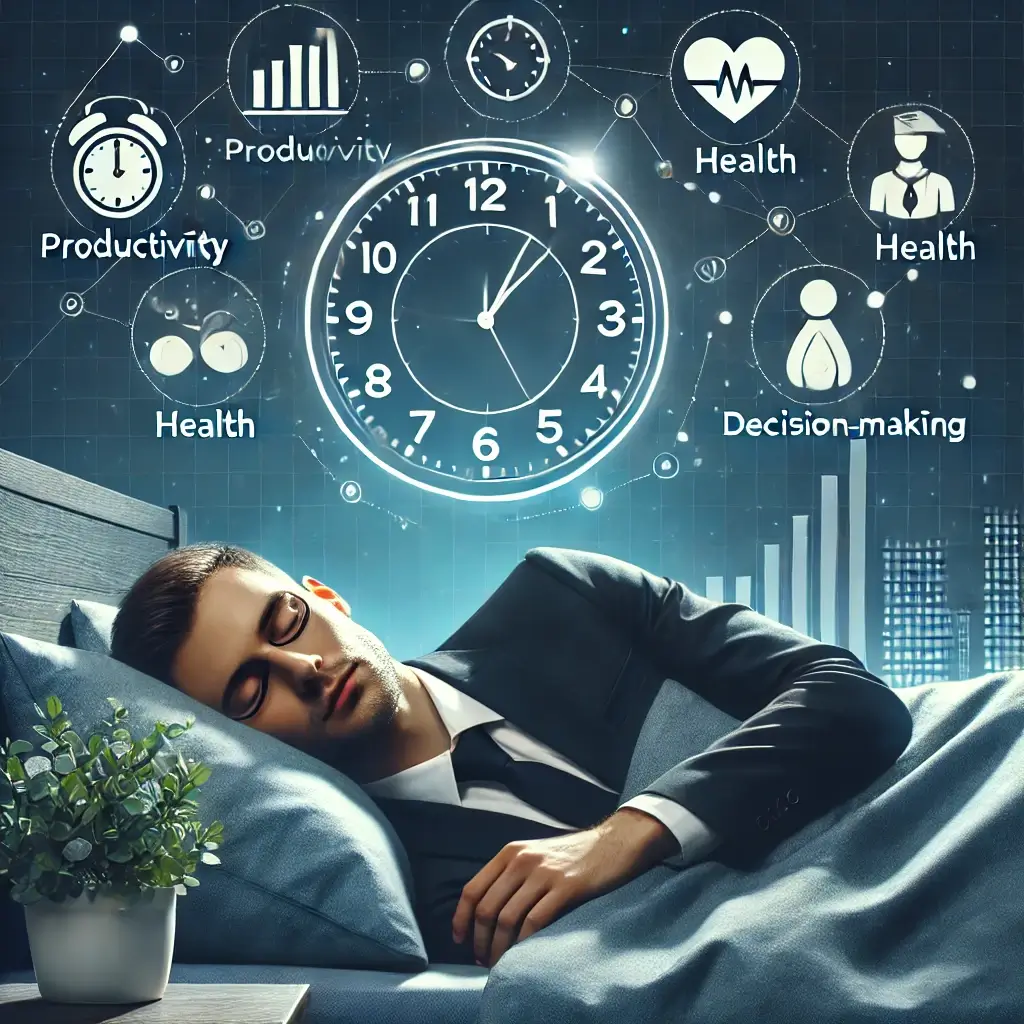The Science Behind Sleep Paralysis: What 40% of People Need to Know
Overview of Sleep Paralysis Condition
A person may have sleep paralysis, which is characterized by a momentary incapacity to move or talk, during the process of falling asleep or waking up. At some time throughout their life, over forty percent of people will go through this event. It is a regular occurrence.
Understanding the Sleep-Wake Transition
When a person is in a state of transition between sleep and waking, they may experience a condition known as sleep paralysis, which is considered to be both interesting and frequently unsettling. While the body is striving to wake up or fall asleep, the brain is still partially in a sleep state during this brief but intense moment. This is because the brain is still in a state of sleep. As a consequence of this, the individual is unable to move or talk, despite the fact that they are fully alert and aware of their surroundings.
Common Experiences and Prevalence
It is possible that this experience will be exceedingly unpleasant for certain persons, particularly those who are not aware of what is taking place to them. Individuals may have feelings of confinement, helplessness, and vulnerability, and they may even have intense hallucinations or nightmares. Sleep paralysis, on the other hand, is a reasonably frequent condition, affecting as many as forty percent of individuals at some time in their life. It is essential to have this information in mind.
Triggers and Risk Factors
There are a number of variables that might lead to the beginning of sleep paralysis. Some of these causes include stress, sleep deprivation, abnormal sleep patterns, and certain drugs or substances. A further point to consider is that certain individuals may be more susceptible to suffering sleep paralysis as a result of underlying neurological or psychiatric problems.
Managing Sleep Paralysis Episodes
In spite of the fact that it is both disturbing and potentially dangerous, sleep paralysis is often harmless and typically goes away on its own within a few minutes. On the other hand, there are a number of measures that can assist minimize the frequency of episodes as well as the severity of those episodes for individuals who experience it frequently or found it to be extremely unpleasant. The management of stress levels, the improvement of sleep hygiene, and the pursuit of medical or psychiatric therapy, if necessary, are some examples of these possibilities.
The Science Behind Sleep Paralysis
Generally speaking, sleep paralysis is a fascinating and complicated occurrence that sheds light on the delicate relationship that exists between the brain and the body during the transition from sleep to wakefulness. In spite of the fact that it could be upsetting for certain people, all things considered, it is a normal and natural element of the human experience.
Understanding the Mechanism
A transient disruption in the synchronization of the brain’s sleep-wake cycle is the root cause of sleep paralysis. Our brains go through a series of changes that allow us to relax and reach a state of sleep when we fall asleep. These changes enable us to fall asleep. In one of these modifications, there is a reduction in the activity of the muscles. We must do this in order to keep ourselves from putting our dreams into action.
Immediate Response Strategies
A few minutes is typically all that is required for sleep paralysis to go on its own. However, it is possible for it to be a terrifying experience. The following are some of the things that you may do to assist yourself in the event that you encounter sleep paralysis:
Try not to freak out and relax instead.
Move your fingers or toes as much as you can. You may find that this helps to rouse your body.
Call for assistance if you are able to communicate with others.
It is imperative that you get medical attention if you have sleep paralysis on a regular basis or if it is accompanied by other symptoms, such as feelings of melancholy or worry. A more serious sleep problem, such as narcolepsy, may be the cause of sleep paralysis, which serves as a warning indicator.
Prevention Guidelines
Below are some suggestions that can assist in preventing sleep paralysis:
Get a sufficient amount of sleep.
Take the time to create a consistent routine for your sleeping hours and do your best to adhere to it.
Do not consume alcohol or caffeine before going to bed.
Develop a regimen that gets you ready for bed.
Work out on a regular basis, but avoid doing so too close to bedtime.
Make every effort to avoid taking naps throughout the day if you are someone who is prone to sleep paralysis.
Talk to your physician if you are concerned about your sleep or if you are experiencing sleep paralysis that is inflicting difficulties on your day-to-day life.













